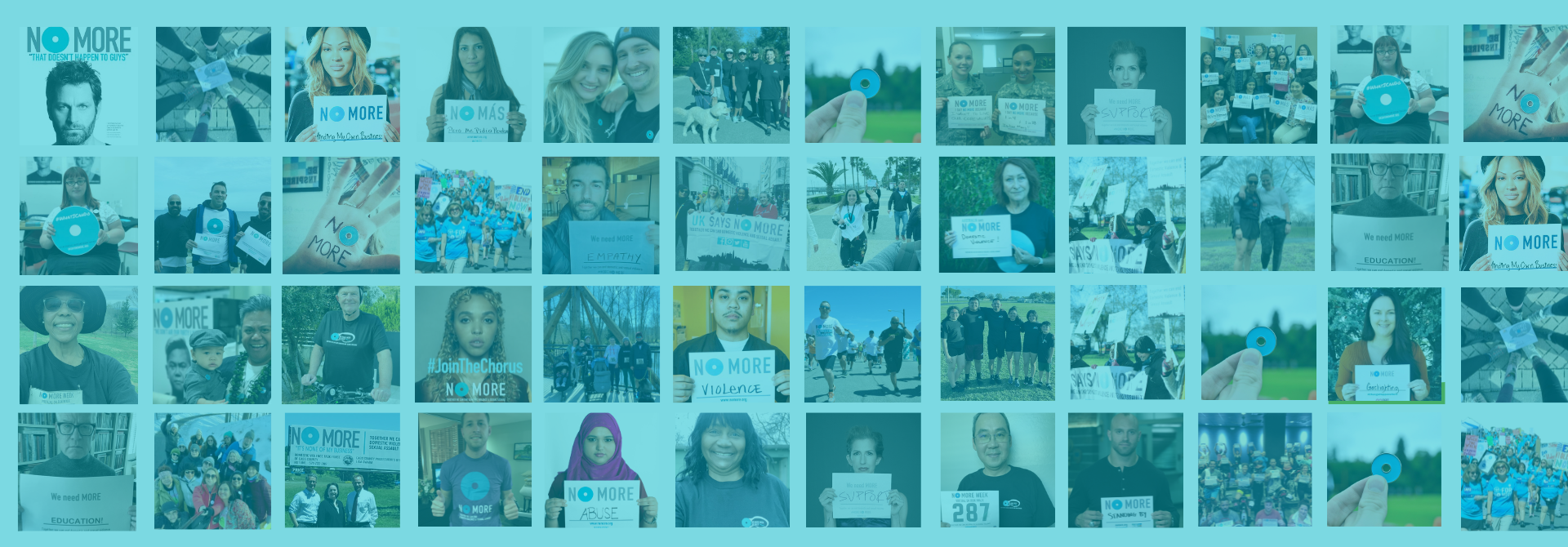10 Questions About Sexual Assault You Were Too Embarrassed To Ask

We hear and read the phrase “sexual assault” often, but how do we define it? Below, we’ve answered 10 questions about sexual assault that you may be afraid to ask.
What is sexual assault?
“Sexual assault” is any unwanted sexual, physical, verbal, or visual act that forces someone to have sexual contact against his or her will. It’s motivated by the need to control, humiliate, and harm. Some examples are: harassment, rape, incest, oral sex, molestation, forcing someone to pose for pictures, and unwanted touching.
Read more at the Missouri Coalition Against Domestic and Sexual Violence.
What is rape?
It’s a specific type of sexual assault. It involves any forced, manipulated, or coerced penetration of the vagina, anus, or mouth by a penis or other object. It is not a crime of passion. It’s a crime of violence—often used to scare or degrade the victim. It’s a common misconception that sexual assault and rape are perpetrated by strangers. Most survivors know their perpetrators. According to Bureau of Justice statistics, 60 percent of survivors are assaulted by an intimate partner, relative, friend, or acquaintance. This rate is even higher for women who were assaulted or raped in college.
Read more at Safe Horizon.
What is consent?
Sexual activity requires consent, which is defined as clear, unambiguous, and voluntary agreement between the participants to engage in specific sexual or nonsexual activity. Consent is an enthusiastic, clearly communicated and ongoing yes. Consent is a clear “yes” to your partner, not the absence of a “no.” It’s not okay to assume that once someone consents to an activity, they are consenting to it anytime in the future as well. As LoveisRespect puts it, “Whether it’s the first time or the hundredth time, a hookup, a committed relationship or even marriage, nobody is ever obligated to give consent just because they have done so in the past. A person can decide to stop an activity at any time, even if they agreed to it earlier.”
Nonconsensual sex is rape. A person who is substantially impaired cannot give consent.
Consent is NOT:
- Pressuring or guilting someone into doing things they may not want to do
- Making someone feel like they “owe” their sexual partner something — because they’ve engaged in an activity in the past, because they’re dating, because they expressed a desired to do that activity earlier in the night, or because one person gave the other a gift, etc.
- Reacting negatively (with sadness, anger or resentment) if someone says “no” to something, or doesn’t immediately consent.
- Ignoring a sexual partner’s wishes, and not paying attention to nonverbal cues that could show you’re not consenting (ex: pulling/pushing away).
How many rape and sexual assault survivors are there?
According to a 2010 Centers for Disease Control study: One in five women are raped in their lifetime in the United States. That’s 22 million women. One in 71 men are raped in their lifetime. This adds up to 1.6 million men.
As for sexual assault: It’s estimated that one in four women and one in six men experience an unwanted sexual experience in their lives.
Are we making any progress?
Yes. The Rape, Abuse and Incest National Network estimates that the rate of sexual assault has fallen by more than 50 percent in recent years.
When does rape or sexual assault typically occur?
Rape and sexual assault can happen at any time. However: Most victims of rape and sexual assault are females younger than 24. Forty-two percent have been raped before age 18. As for guys, researchers estimate that 1 in 6 men experience unwanted or abusive sexual contact before age 18.
I’ve been assaulted. Where can I get help?
In an emergency, call 911. For counseling, call the National Sexual Assault Hotline for free counseling, 24 hours a day: 1-800-656-HOPE (4673). The call is anonymous and confidential unless you choose to share personally identifying information. You’ll be connected to your local rape crisis center and an advocate may be able to meet you at the hospital. You can also chat online in English and Spanish. Find detailed resources here.
My friend was assaulted at a party while drunk, and she’s blaming herself. How can she get support?
Drugs or alcohol are often used to compromise someone’s ability to consent to sexual activity. It’s not your friend’s fault. The Rape, Abuse and Incest National Network has explicit suggestions and resources for coping if you’ve experienced sexual assault while under the influence of alcohol or drugs.
My friend was assaulted and I’m struggling with how to offer support. What can I do?
The best thing to do is to listen without judgment and provide help when needed. Here’s a more detailed list of helpful responses for friends and family.
I need more resources. Where can I turn?
To learn how to help someone in an abusive relationship or to get help for yourself, contact The National Domestic Violence Hotline at 1-800-799-SAFE (7233).
For more information on rape and sexual violence services, contact RAINN—the Rape Abuse Incest National Network at 1-800-656-4673 (HOPE) or by secure, online private chat HERE.
For teens and youth, call 1-866-331-9474 or text “loveis” to 22522 or live chat at www.loveisrespect.org.
To find more information regarding male survivors of sexual assault and domestic violence, check out Men Can Stop Rape’s Resources for Male Survivors. Men who may have had unwanted or abusive sexual experience in childhood, family members, friends, and partners of men who may have had those experiences can also use the 1in6 Online SupportLine—a free, confidential, and secure service—to get help.
For more information for survivors, friends, and family, visit NO MORE.

Make a Difference
Enjoying the content? Consider becoming a monthly supporter. Your recurring donation helps ensure we can continue bringing you great content. Subscribe with a supporting membership for as little as $5 a month.
Become a ChampionTogether We Can End Domestic and Sexual Violence






